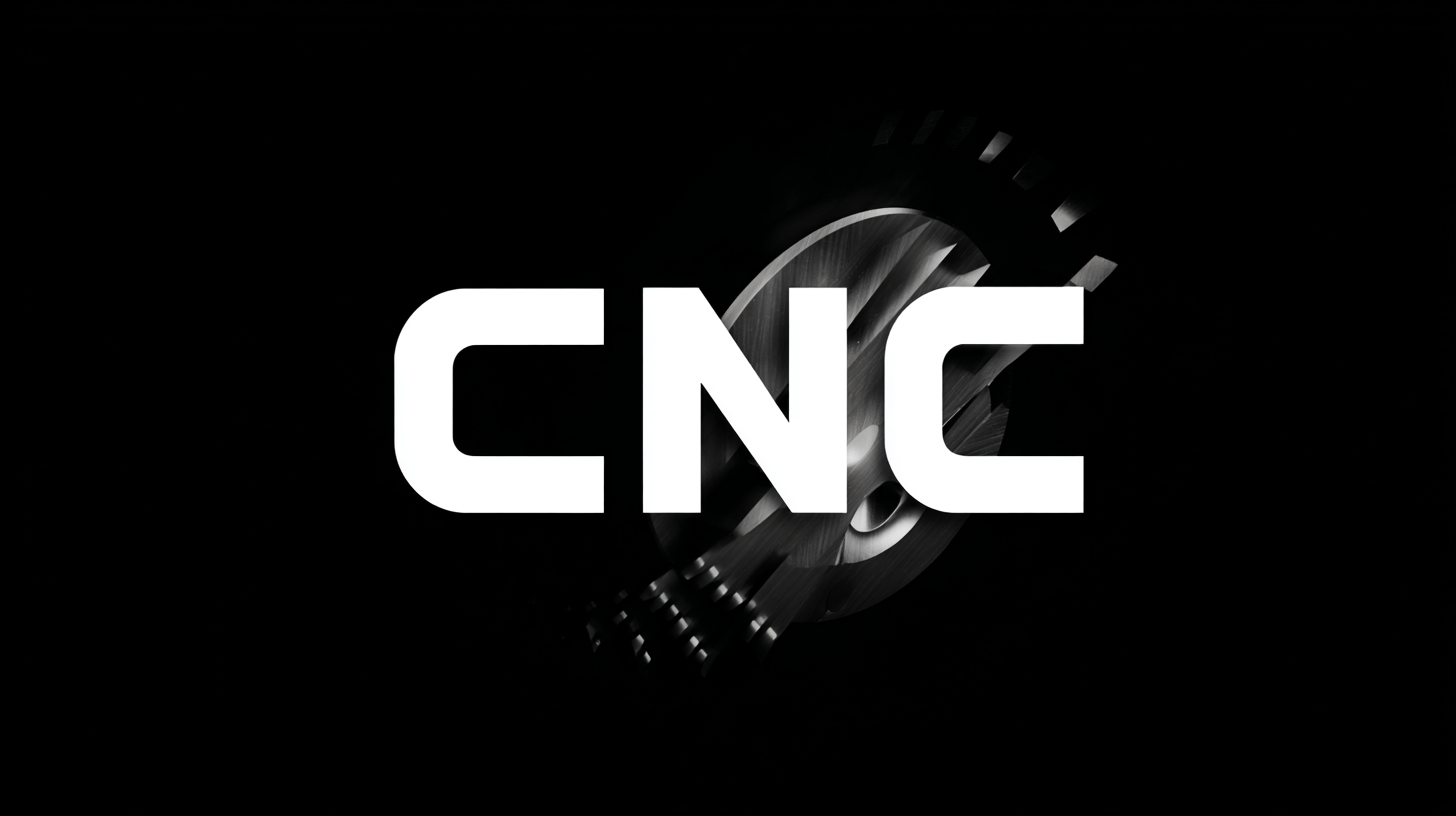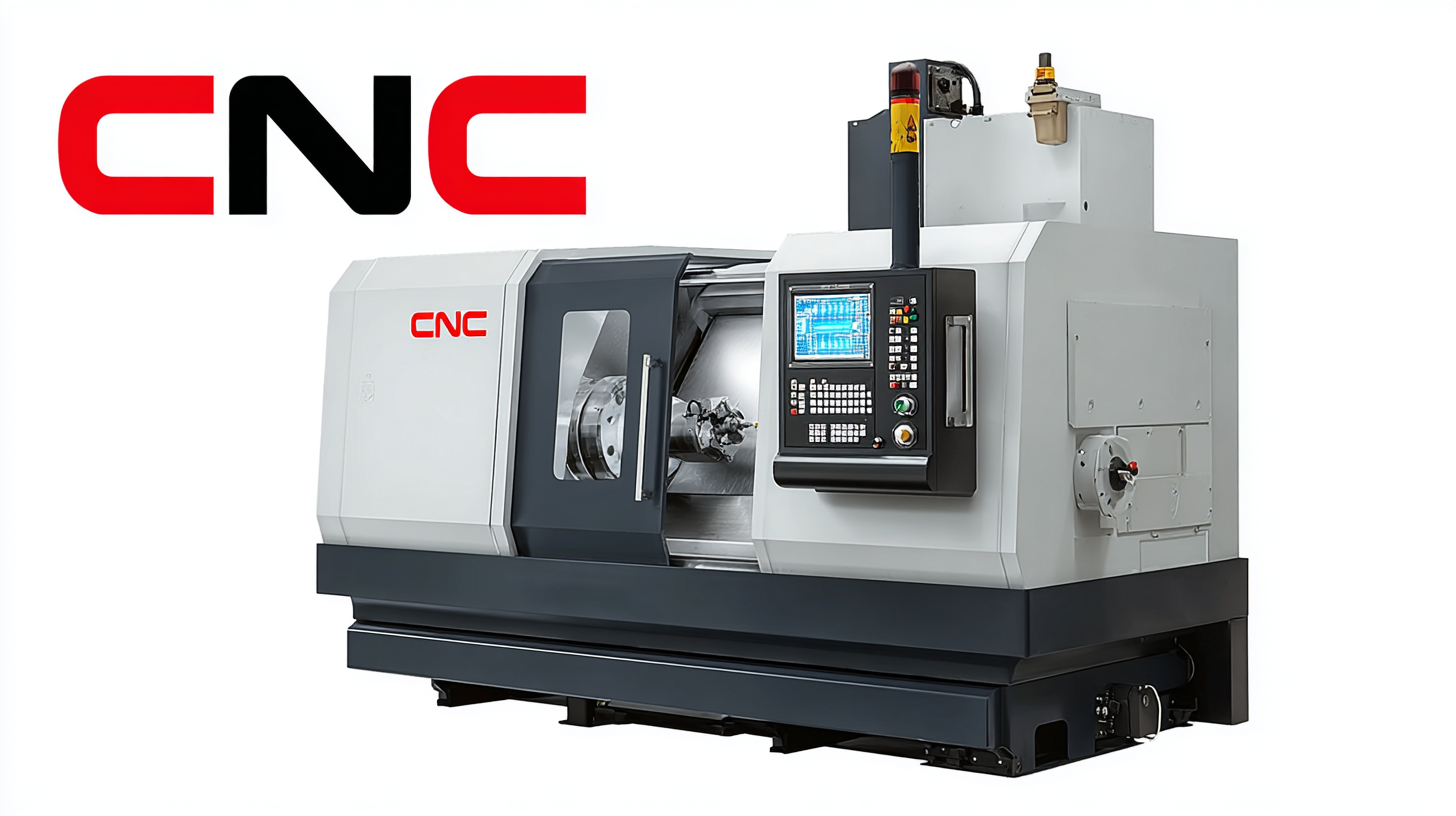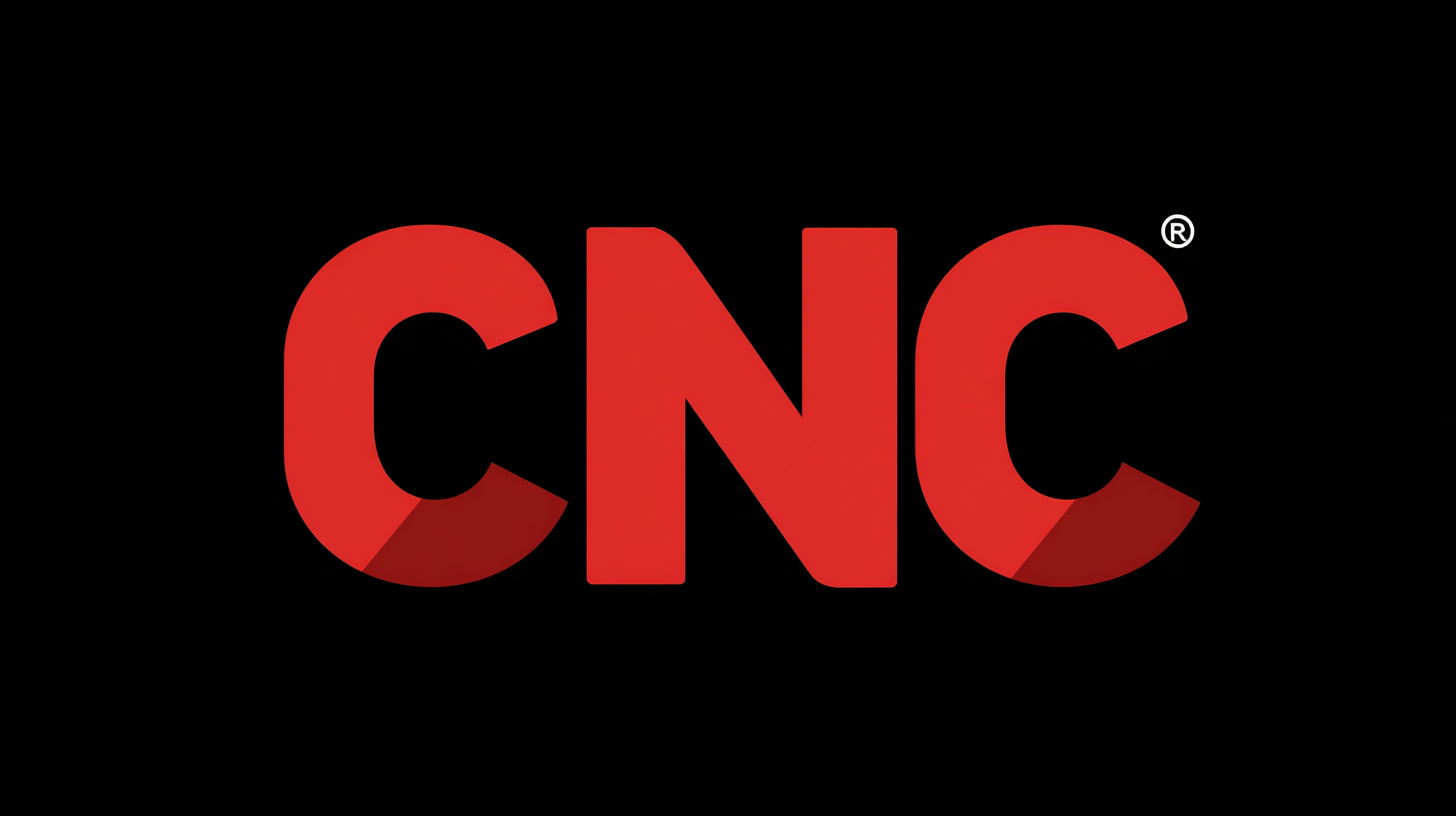What is the Best CNC Turning Machine for Your Manufacturing Needs?
In today's highly competitive manufacturing landscape, the choice of machinery significantly influences productivity and efficiency. Among these, the CNC turning machine stands out as a vital tool in precision engineering. According to a report by MarketsandMarkets, the CNC machining market is projected to reach USD 100 billion by 2025, largely driven by increased demand for automation and precision in manufacturing processes. With advancements in technology, the latest CNC turning machines not only enhance production speed but also improve the accuracy of complex geometries, thus catering to various industries such as automotive, aerospace, and electronics. As manufacturers seek to optimize their operations, understanding the features and capabilities of different CNC turning machines becomes essential for meeting specific manufacturing needs and achieving operational excellence.

Top CNC Turning Machine Types for Precision Manufacturing Solutions
When choosing a CNC turning machine for precision manufacturing, it's essential to understand the various types available in the market. According to a report by MarketsandMarkets, the CNC machine tool market is projected to reach $100 billion by 2026, reflecting the growing demand for advanced manufacturing solutions. Among the most popular types are horizontal CNC lathes, vertical CNC lathes, and multi-tasking machines. Horizontal lathes are favored for their versatility and efficiency, while vertical lathes are often preferred for large workpieces, providing better accessibility and ease of loading.
**Tip:** When assessing your manufacturing needs, consider the size and complexity of the parts you'll be producing. This will help determine whether you need a machine with greater torque or one that can handle intricate designs.
Furthermore, investing in a multi-tasking machine can significantly enhance production efficiency by combining multiple operations into one setup, thereby reducing cycle times and increasing throughput. According to industry studies, shops using multi-tasking CNC lathes report an average productivity increase of 30-40%.
**Tip:** Always evaluate the total cost of ownership, including maintenance and operation costs, as this can greatly affect your bottom line in the long run.

Key Features to Consider When Choosing a CNC Turning Machine
When selecting the best CNC turning machine for your manufacturing needs, several key features must be taken into account. One of the primary considerations is the machine's rigidity and stability, which significantly impacts precision and surface finish. According to a report by Research and Markets, the global CNC machine market is expected to grow at a CAGR of 6.5% from 2023 to 2028, underscoring the importance of robust machinery that meets increased production demands without sacrificing quality.
Another crucial feature is the machine's control system. Modern CNC turning machines often come equipped with advanced control technologies, such as adaptive control and real-time monitoring, that enhance operational efficiency. A study by Technavio revealed that machine automation could improve productivity by up to 30% and minimize manufacturing errors, making it essential to invest in machines that leverage these advancements.
Lastly, tooling capabilities and compatibility are vital for ensuring versatility in manufacturing. Machines that can accommodate various tool types and sizes allow for a broader range of applications, which is a significant advantage in today’s competitive market. A report by Grand View Research highlights that versatility in CNC machines leads to improved production flexibility, which is critical for manufacturers looking to adapt to changing market demands.
Industry Trends: The Growth of CNC Machines in Manufacturing
The manufacturing industry is witnessing a remarkable transformation driven by the growing adoption of CNC (Computer Numerical Control) machines. According to recent reports, the global linear guide market was valued at approximately USD 2.51 billion in 2024 and is projected to expand to USD 3.78 billion by 2033, signaling a robust growth trend with a compound annual growth rate (CAGR) of about X%. This surge highlights the increasing reliance on precision machinery in manufacturing processes, underscoring the critical role that CNC technology plays in enhancing operational efficiency and product quality.
Similarly, the precision tool market is seeing significant momentum. Revenue projections indicate an increase from USD 231.78 billion in 2025 to an estimated USD 346.38 billion by 2033, reflecting a substantial CAGR. This growth is propelled by advancements in tooling technology and the rising demand for highly accurate manufacturing solutions in various sectors. The ability of CNC turning machines to deliver precision and reliability makes them an essential investment for manufacturers aiming to stay competitive in a rapidly evolving marketplace.
**Tips:**
When selecting a CNC turning machine, consider the machine's precision capabilities and its compatibility with your existing production processes. Additionally, investing in staff training can maximize the efficiency and accuracy of your CNC operations. Emphasizing maintenance and timely upgrades can further enhance the longevity and performance of your machinery, ensuring consistent output quality in your manufacturing endeavors.
What is the Best CNC Turning Machine for Your Manufacturing Needs?
| Machine Type | Max Spindle Speed (RPM) | Max Workpiece Diameter (mm) | Tool Capacity | Control Type |
|---|---|---|---|---|
| CNC Lathe | 3000 | 500 | 8 | G-code |
| CNC Turning Center | 4500 | 350 | 12 | CNC Control |
| Multitasking CNC Lathe | 5000 | 600 | 10 | CNC Control |
| CNC Swiss Machine | 4000 | 25 | 20 | CNC Control |
Cost Efficiency: Analyzing CNC Turning Machine ROI in Manufacturing
When assessing the return on investment (ROI) of CNC turning machines for manufacturing, cost efficiency emerges as a crucial factor. Despite the high potential for enhanced productivity, recent trends indicate that installation and maintenance costs pose significant barriers to growth in the CNC market. These costs can directly impact a manufacturer's bottom line, making it essential to analyze the financial implications of new equipment. By considering not only the purchase price but also ongoing expenses, manufacturers can gain a clearer picture of the long-term value offered by CNC turning machines.
Moreover, advancements in technology, such as the integration of CAD/CAM software, can effectively maximize ROI. Manufacturers who leverage these tools are finding that they can streamline operations and enhance machining capabilities, leading to increased efficiency and reduced production costs. A case in point is the shift to more sophisticated machinery that, while initially more expensive, yields greater returns through improved productivity and precision over time. Analyzing these factors is critical for manufacturers aiming to make informed decisions that align equipment choices with overall business goals, ultimately leading to sustainable growth in a competitive market.
Emerging Technologies in CNC Turning: Automation and Software Integration
The integration of automation and advanced software in CNC turning machines is transforming the manufacturing landscape. As the global CNC machine market is projected to expand significantly, driven by a compound annual growth rate (CAGR) of 9.9% from 2025 to 2032, companies are increasingly leveraging these emerging technologies to enhance efficiency and precision. Modern CNC systems are now equipped with integrated CAM solutions that streamline machining processes, making it easier for manufacturers to handle complex designs and optimize production speeds.
Artificial intelligence is also making its mark in the realm of CNC machining. By employing AI-driven tools, manufacturers can analyze data in real-time, allowing for more informed decision-making and predictive maintenance. This not only reduces operational costs but also improves overall productivity. Furthermore, automation technology serves as the backbone of industrial production, providing the necessary structure that supports seamless integration of various systems. As businesses adopt these innovative strategies, the potential for improved productivity and reduced waste grows, setting the stage for a new era in manufacturing operations.

